Looking for a background check company is a daunting proposition. At best, a Google search narrows the options to the few hundred companies in our space. At worst, you’re exposed to countless public record websites, cheap database searches, and numerous sites promising to tell you all you’d ever want to know about your next-door neighbor.
But once it’s narrowed down, buyers tend to focus on the same items everyone else does. Items that are reasonably apparent on the outside. Price, ease of use, technology, products.
But it’s harder to identify the items that determine whether that choice is the best fit for your organization. Here are 4 under the radar items to consider when choosing your next employment screening partner.
1. How much effort is needed to extract information?
Quickly resolving issues is tantamount to securing top talent in a low unemployment environment. Even the best screeners will encounter things 1%-2% of the time. Clarification from the applicant. A courthouse misplacing a file. A school registrar on vacation for a week.
So when this happens, employers need quick insight into (1) the obstacle, (2) the next steps, and (3) expected time to resolve.
When choosing providers, this is a commonly overlooked capability. Smooth information flows from operations to support teams is crucial. For high volume employers. 1% could be 1x a day. Screeners who can’t quickly resolve problems are screeners who significantly burdens their clients.
2. Some websites dazzle. Some websites do.
Websites are persuasion tools designed to sell. The day after the ink dries, a hiring team needs a website to do things, and those can be two different things.
90% of what captures your eye during the buying process may never be touched once you’re a day to day user. Look critically at a vendor’s website to ensure it also has the tools to support your team’s daily screening needs.
3. Sometimes, cheap background checks are expensive and expensive background checks are cheap.
What goes into a background check matters. There is no universally agreed-upon definition for this phrase. While there are dozens of products that could fit the definition, most employers don’t need more than 5 or 6.
Sometimes, a low price has a huge margin, because there’s not much in it. Sometimes, a higher price has a lot of solutions inside, but at a much lower margin. Which of those did your last provider offer? Which do you want from your new provider?
Often, many products are the same but branded differently. The best way to understand what’s what? Ask a provider to describe what it does, not what’s it’s called.
4. Who’s more important? Me or you?
This is a pretty litigious industry. Some screening providers create processes and procedures to narrow the probability of a lawsuit. Which is fine. No one wants that. But that can endanger you if you don’t or can’t see the information you need to make a hiring decision. Check with your provider and your counsel to make sure there are no hidden land mines.
A vendor search is always done with the intent to improve and enhance. But changing partners is never easy. It’s emotional and often comes with a host of upfront challenges. These tips should make the process easier and less dangerous. For you and your candidates!




